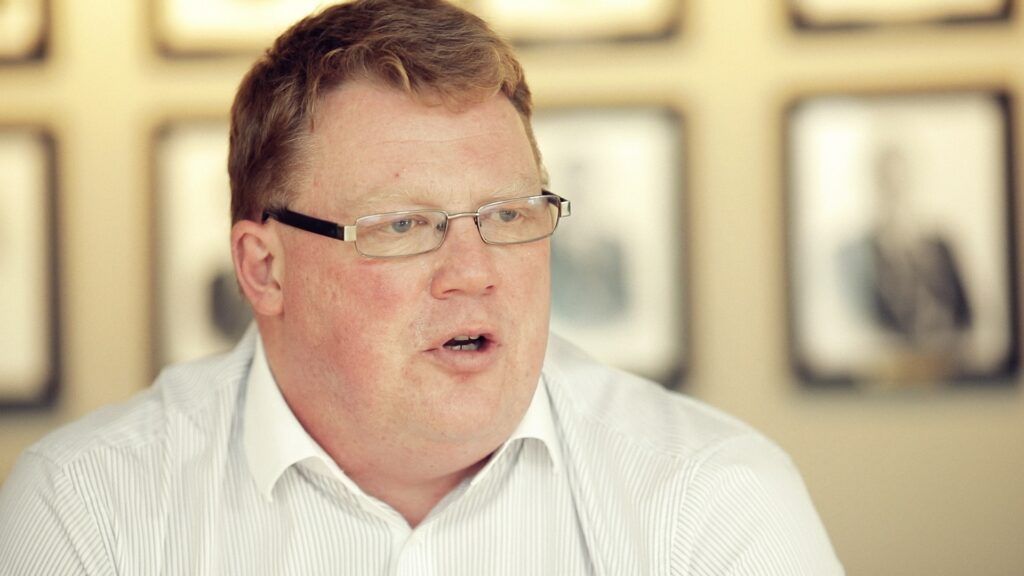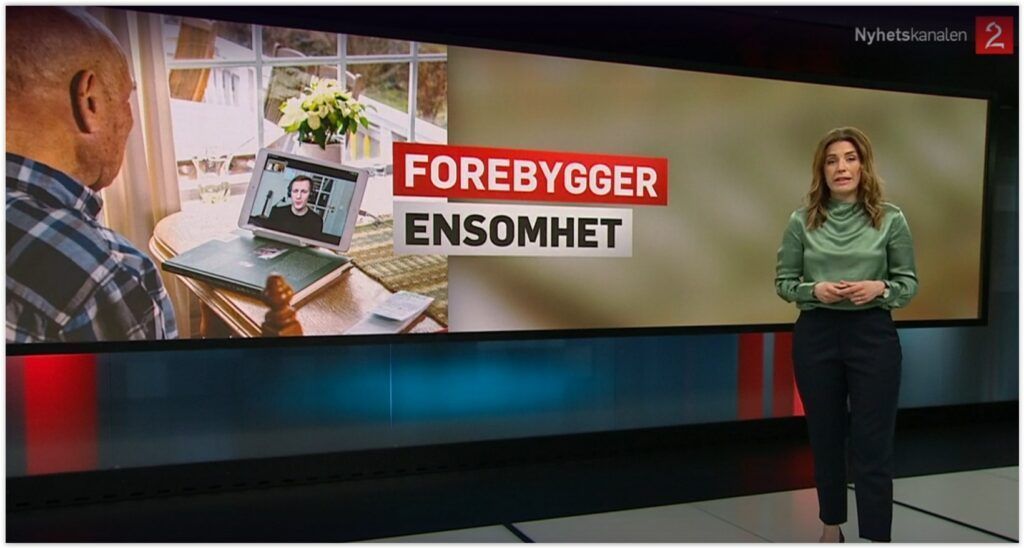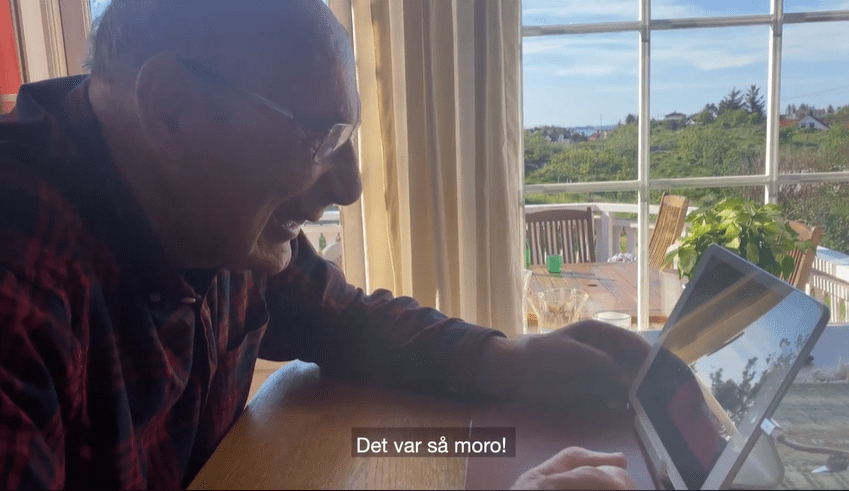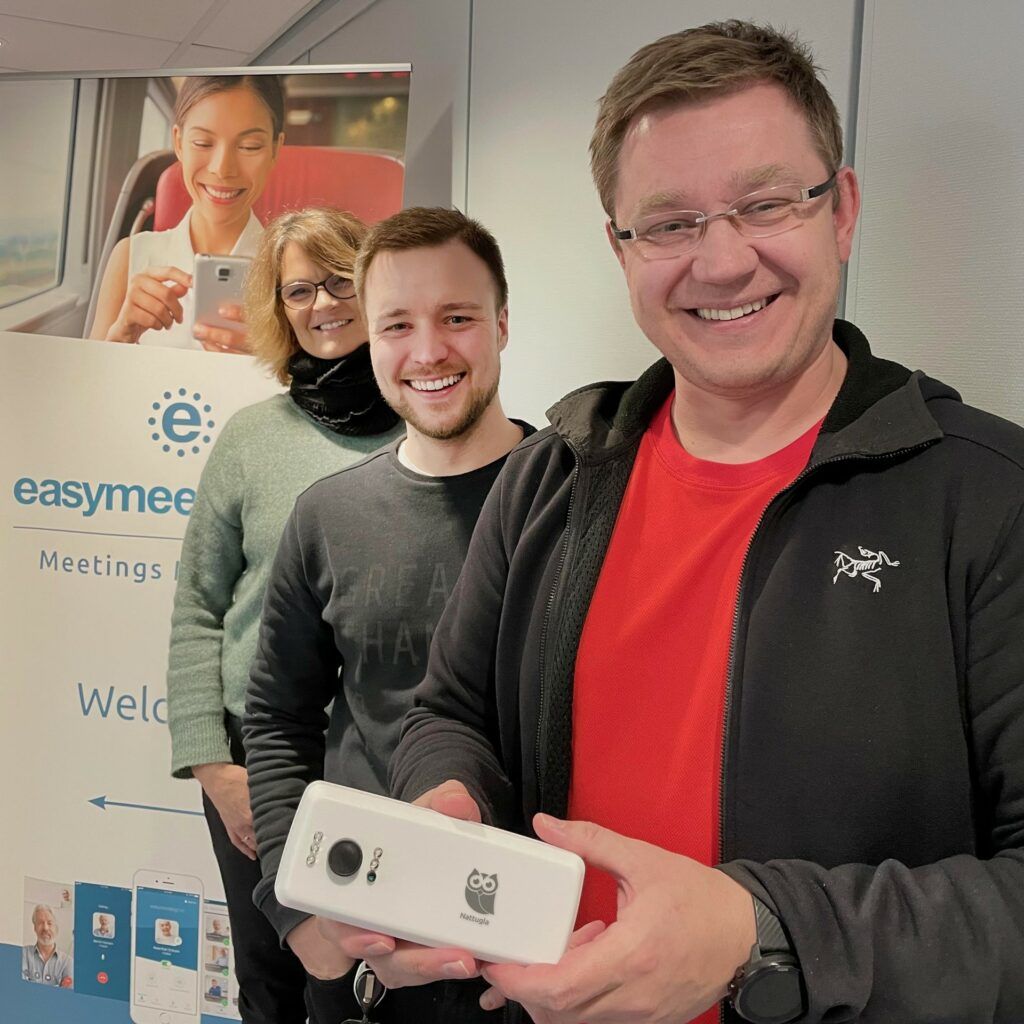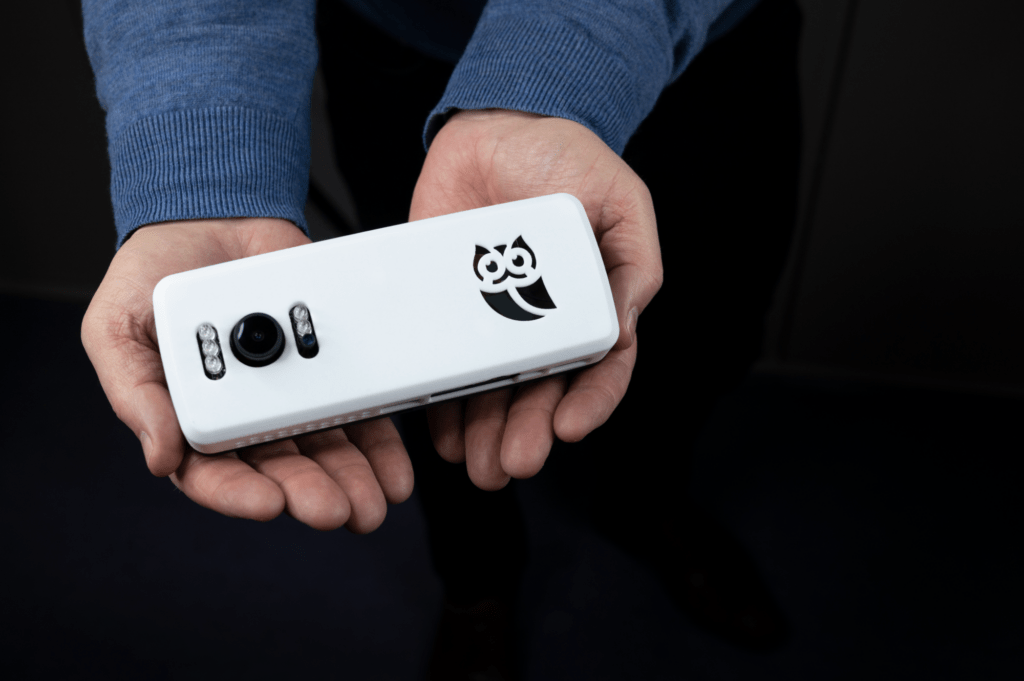For several years, the coming wave of the elderly has appeared as a nightmare for most Norwegian municipalities. Hugo Thode Hansen, municipal director in Harstad, no longer knows this fear as strongly. He is clear that home-based services supported by digital aids are absolutely crucial for the elderly care of the future to be justifiable.
- During the time of the corona pandemic and "shutdown", we have gained experience with digital solutions that give cause for optimism. I think we should handle this quite well, he thinks.
The big challenge
Many municipalities face enormous challenges when the aging wave is fully washed in. Over the next five years, Harstad will experience 1,200 more inhabitants over the age of 80 and the proportion is increasing. If elderly care is to be run as it has traditionally been run, the number of elderly people in the course of 10-20 years will require the construction of 3-5 nursing homes.
"Today, fear is not as widespread. The elderly have been able to try their hand at video. They like it. It's popular. And it gives them new opportunities for new social contact »
Municipal director Hugo Thode Hansen
- Have you calculated what this will require in terms of investments?
- No, I do not have that, because it is completely irrelevant to run elderly care in the same way as it has traditionally been run. We must rely on home-based care for the elderly supported by digital services. We must achieve this, not only because it is necessary for resource reasons, but just as much because the vast majority want to live at home for as long as possible, he says.
The diverse challenge
The challenge is threefold.
The offer: The elderly must receive care and attention at a sound professional level. In addition to being medically sound, this also means opportunities for social contact.
Workload: The employees in the care sector are a critical resource, and the competition for qualified nurses and health professionals is already fierce. It is all the more important, therefore, that elderly care is organized in a way that does not create unnecessary wear and tear on the employees, with sick leave and high "throughput" as a result.
Security: It does not help that various experts may think that the organization of elderly care is justifiable, if the elderly themselves do not feel safe.
Harstad municipality has gained experience from the use of digital tools - this applies to users and residents as much as the employees in the municipality.
- The latter could perhaps be said to be the biggest challenge, because welfare technology and digital tools such as tablets and video appear foreign to many. But during the "corona period" we have gained experience with such aids, and we have seen that these experiences are good, he believes.
- If you, as municipal director, six months ago had said that tablets and the use of video should be central to elderly care…?
- If I had said this, I would have created fear, and I understand that very well. But today, the fear is not as widespread. The elderly have been able to try their hand at video. They like it. It's popular. And it gives them new opportunities for new social contact. This in itself gives reason for optimism, also because we know that those who pass 80 years in 15-20 years from now will be more technically competent than today's 80-year-olds, and therefore could be able to utilize welfare technology even better , he thinks.
